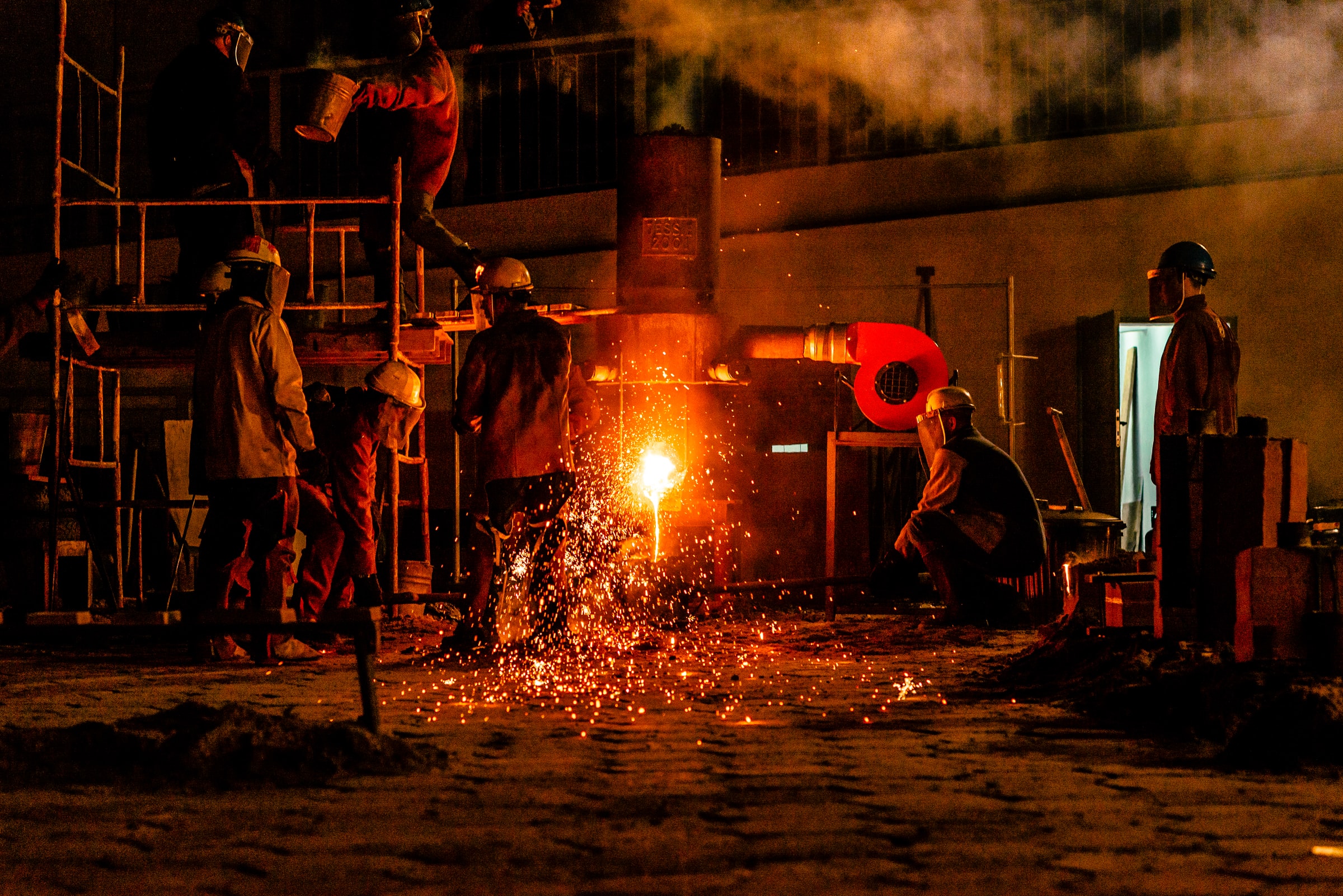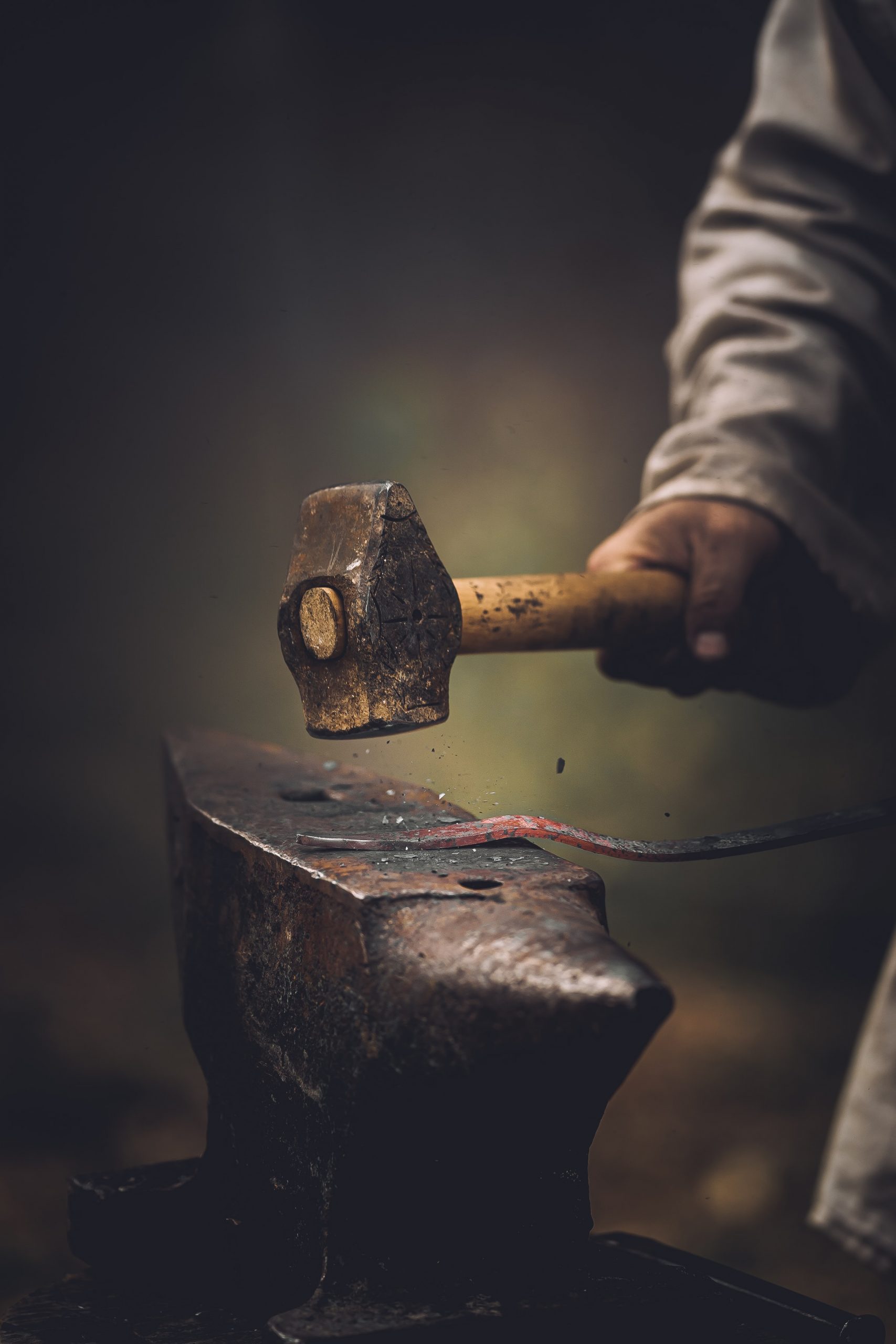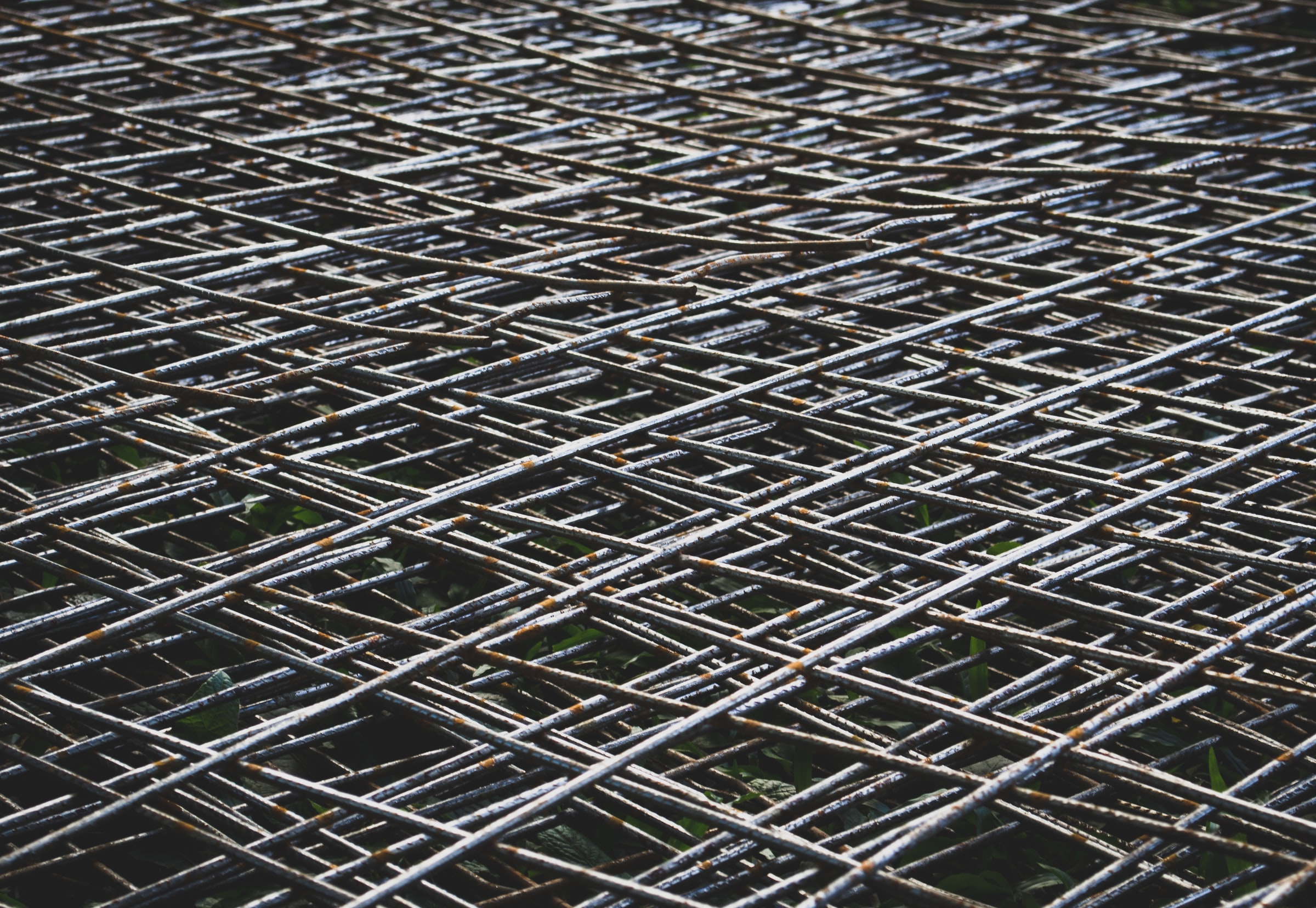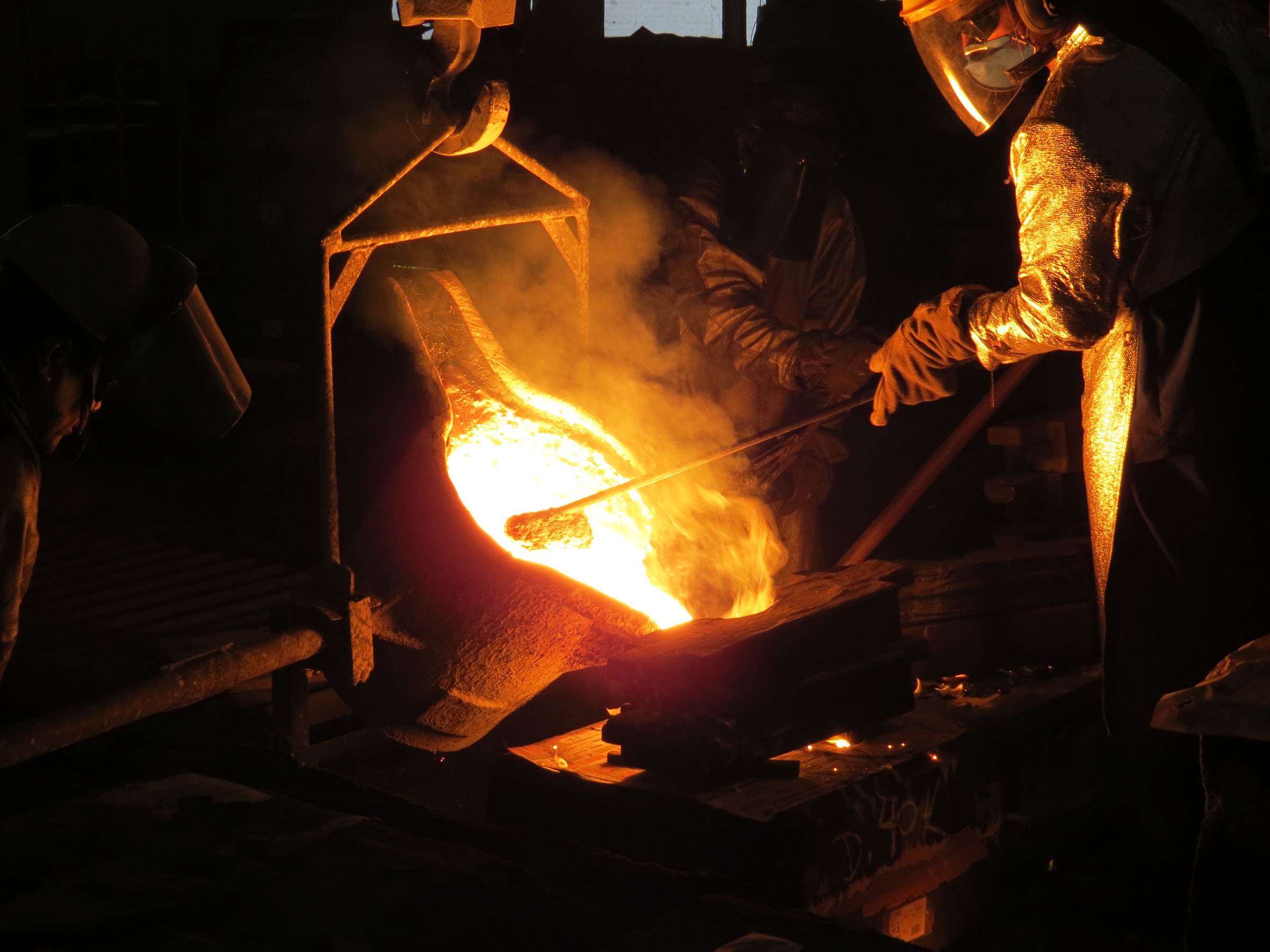
Die casting is an industrial manufacturing process that uses tooling to produce metal parts. When these parts have a complex and precise geometric shape, no other industrial process can achieve the result that die casting gives. This process uses molten alloy or metal injected into a high-pressure chamber. So, without further ado, let’s dive into this blog and learn some of the advantages of die casting.
Die casting process

In this process, reusable steel molds are preheated and possibly coated with a release agent to protect the tool surfaces and lubricate them before each use. The molten metals are pre-measured and injected at very high pressure into these molds. The selected alloy is fed to the mold cavities through the gooseneck, the machine nozzle, and the feed channels. The part is ejected from the mold.
The plunger returns to its upper position, the gooseneck opening is released, and the injection chamber is automatically filled with molten metal. The machine is then ready for the next injection. This high-pressure process gives the parts a dense, fine-grained surface structure with a wide range of physical and mechanical properties, such as fatigue strength, which is an important criterion for metal selection.
Indeed, fatigue failure is the most common occurrence in mechanical parts. It has a fatigue strength seven to ten times greater than ABS-type plastic. The choice of metals or alloys to be used also depends on the specifications and function of the part. One of the most commonly used processes in aluminum die casting. Other metals, such as brass, magnesium, and zinc alloys, are also used.
What are the advantages of die casting?
1. Perfect for fast and high-volume production
This casting process allows for high production rates. The process can be repeated hundreds of thousands of times with hardened steel injection molds to create perfectly identical metal parts. With zinc alloys, production rates on conventional hot-chamber machines are high and can, in some cases, exceed a thousand injections per hour for thin, small parts. Die casting is therefore ideally suited for high-volume production. Moreover, it requires little or no machining.
2. Durable and accurate molds
The tools are strong and long-lasting. They are also heat resistant, have good dimensional stability, and maintain close tolerances. Depending on the complexity of the part, the high precision of the tools allows the elimination of a maximum of machining operations. With tooling, life is longer, which helps to reduce production costs.
3. Durable parts

Die-cast parts, even those with very thin walls, are stronger than their plastic counterparts of exactly the same shape or size. In addition, they are stronger because these functional parts can be molded as a single unit, eliminating the need for the assembly of different parts.
4. Finishing
Several finishing processes can be applied to the raw castings. Firstly, for the preparation of the surfaces, there is shot blasting, which is a projection of metallic particles on the parts in order to remove the burrs and traces of molding. Then there is sandblasting, which is the projection of sand or small glass beads on the part using a directed jet.
Tribofinishing: the parts are placed in a vibrating tank that contains abrasive ceramic pebbles. Grinding and deburring allow for manual removal of marks, usually on large and/or small parts, and finally, there is polishing, which is done prior to a very high-quality surface treatment, allowing preparation for bright chrome or beautiful gold plating.
5. Assembly
To eliminate machining operations (drilling, threading, and tapping) and assembly elements (screws, nuts, rivets), die-casting gives the possibility to realize connections such as crimping, riveting, screwing, press-fitting, gluing, or overmolded insert. It is perfectly suited for these types of connections.
Looking for help?

Are you looking for a professional die casting company? Are you in Montreal? Then look no further than Capitol Industries, Inc. They are a renowned cam and specialty locks manufacturer. The company’s factory in Montreal, Canada, provides customers with a full range of services, including quotation, tooling design, production, process design, manufacturing, and finishing.
Their products include locksmith, cam locks, specialty locks, cabinet locks, master keyed locks, mailbox locks, letterbox locks, and more. For more information, please visit the company’s website. So, what are you waiting for? Give them a call and make all your dreams become a reality with the help of their team of experts.
